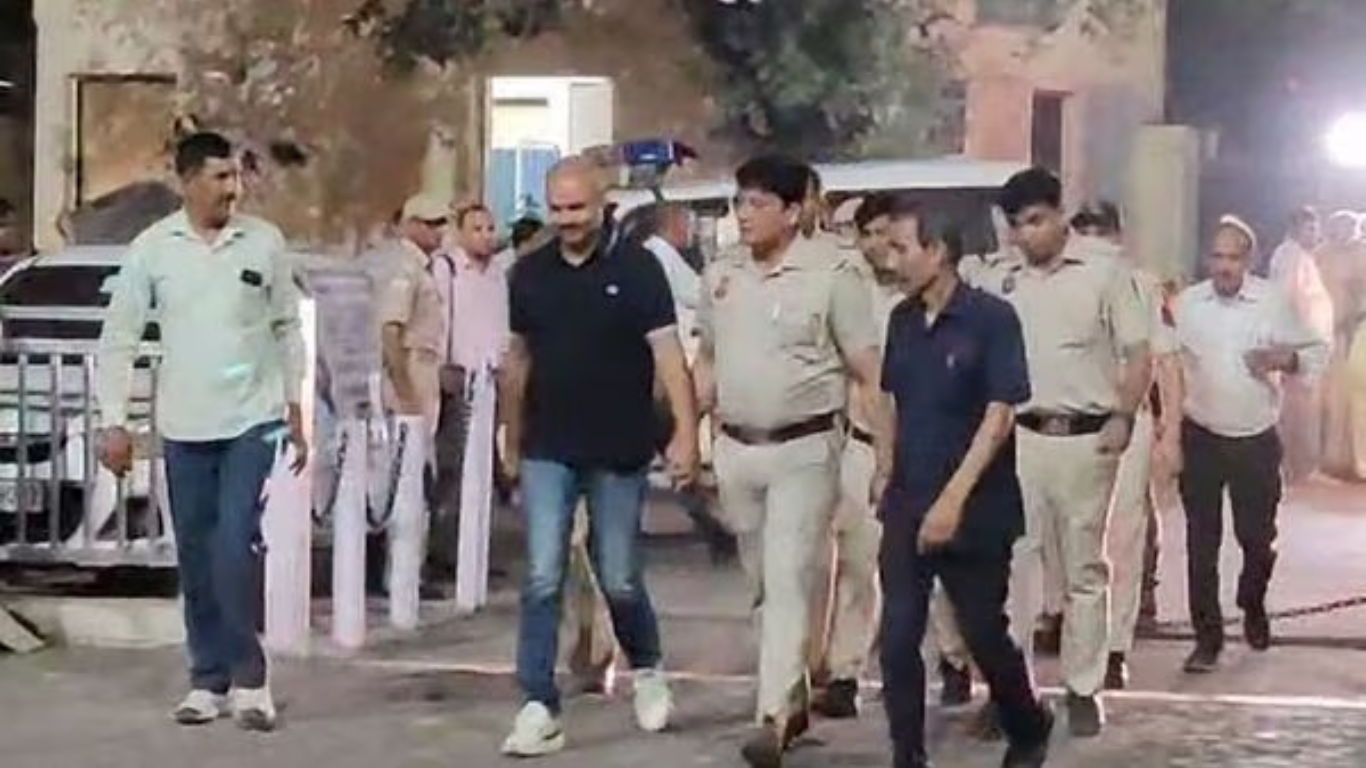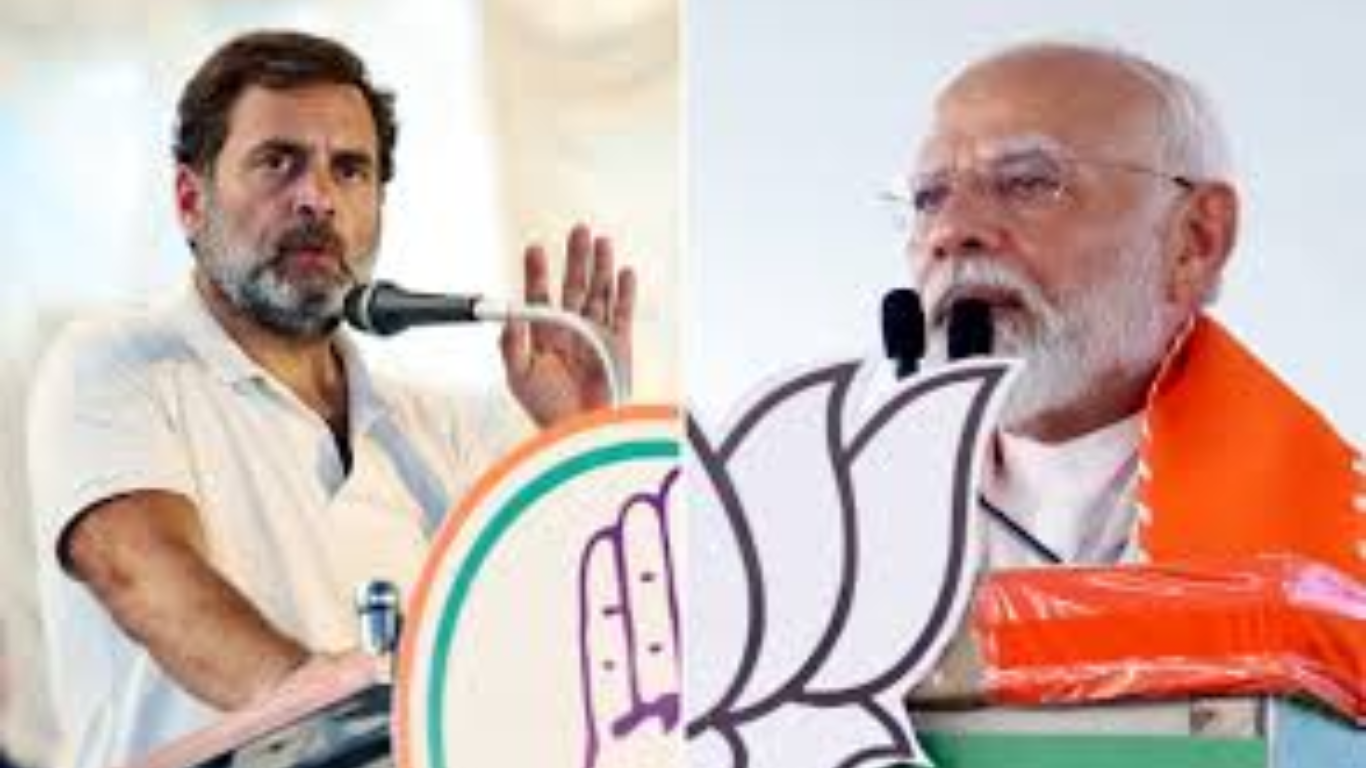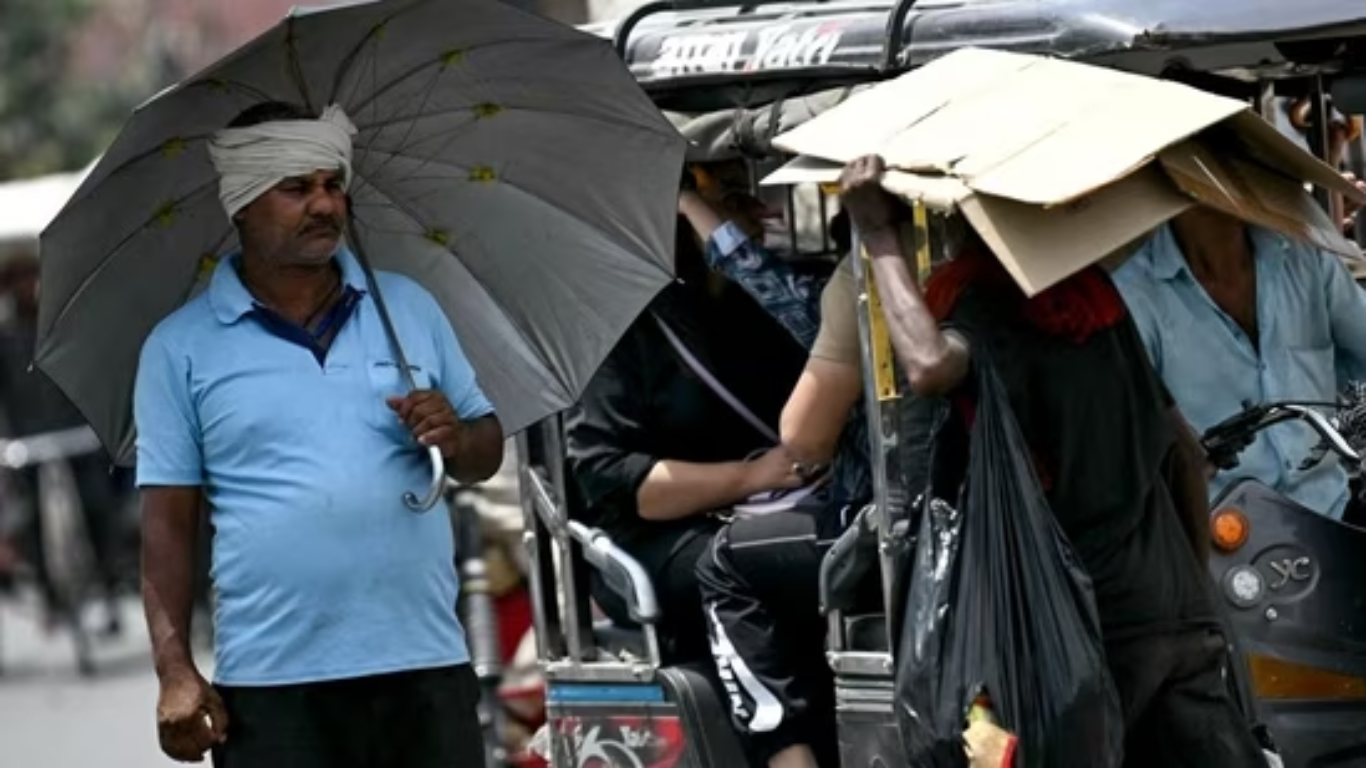


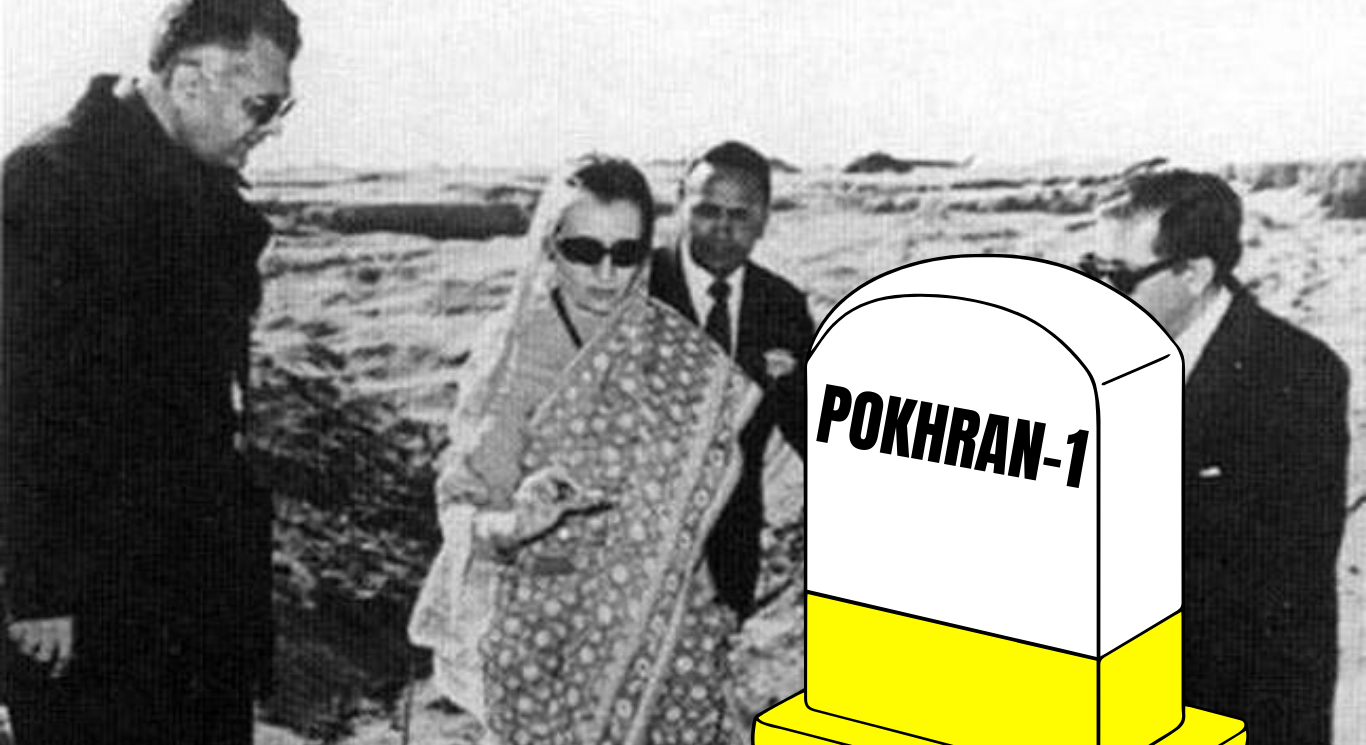

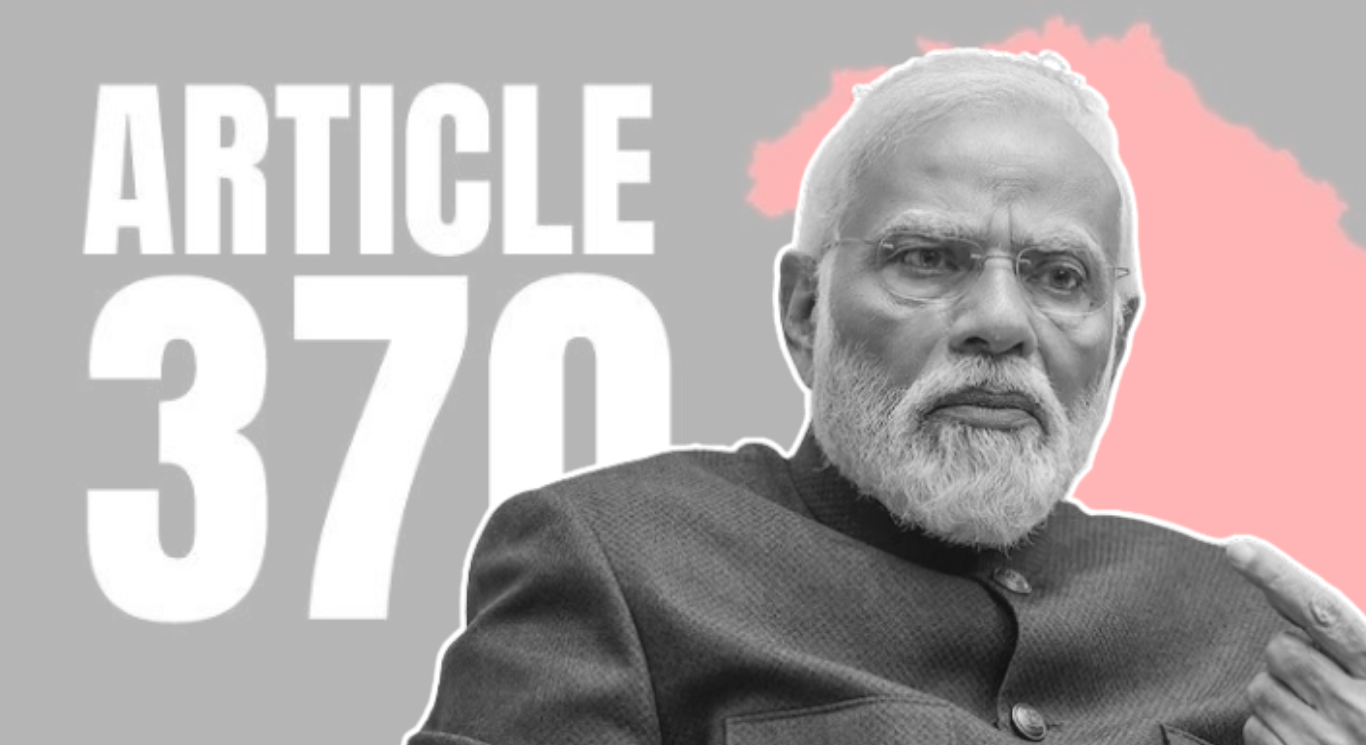
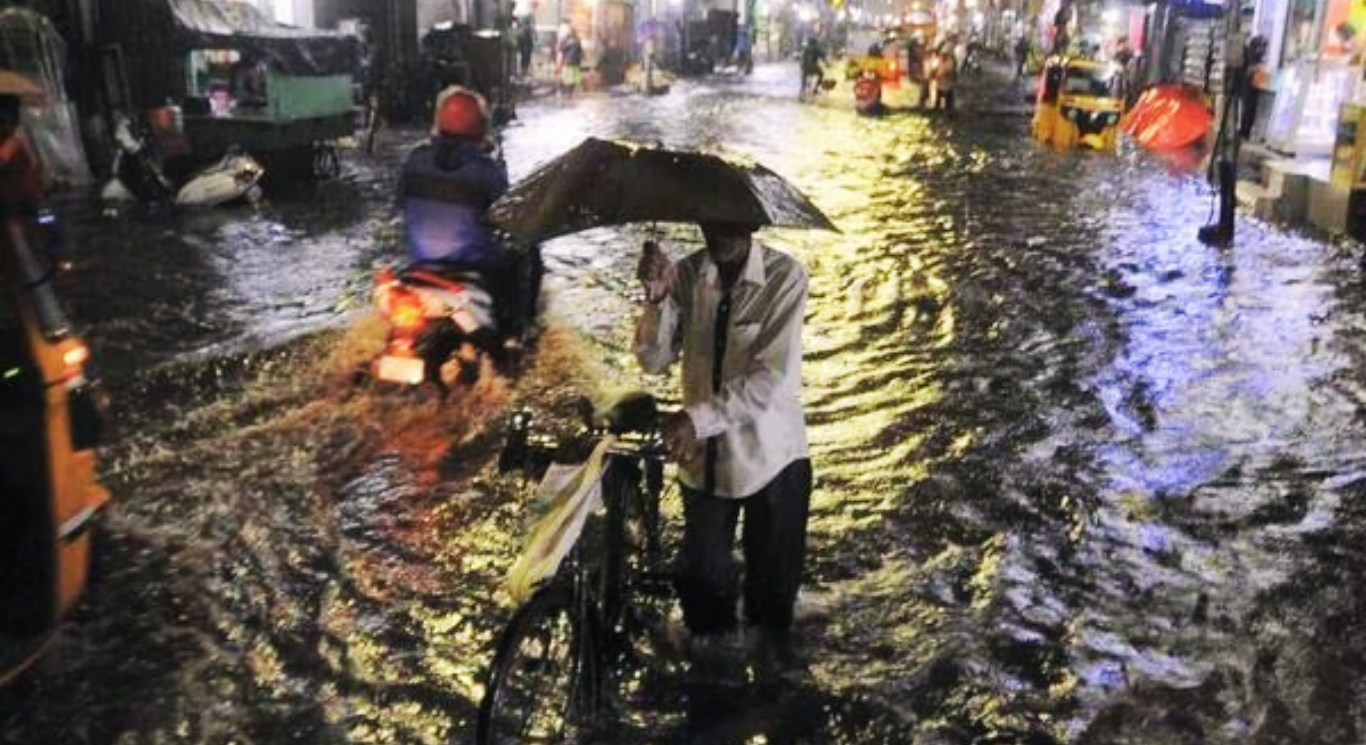
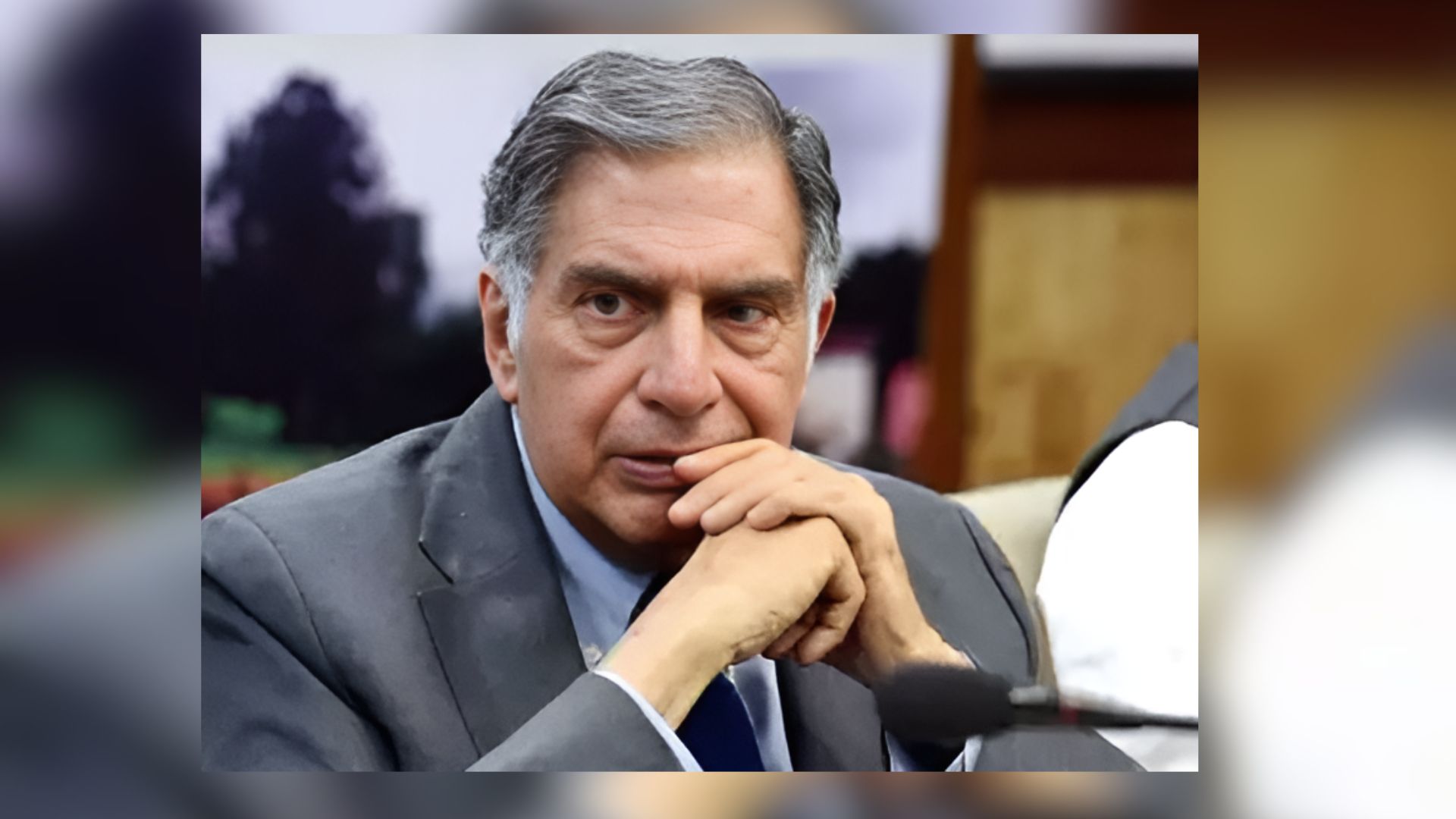
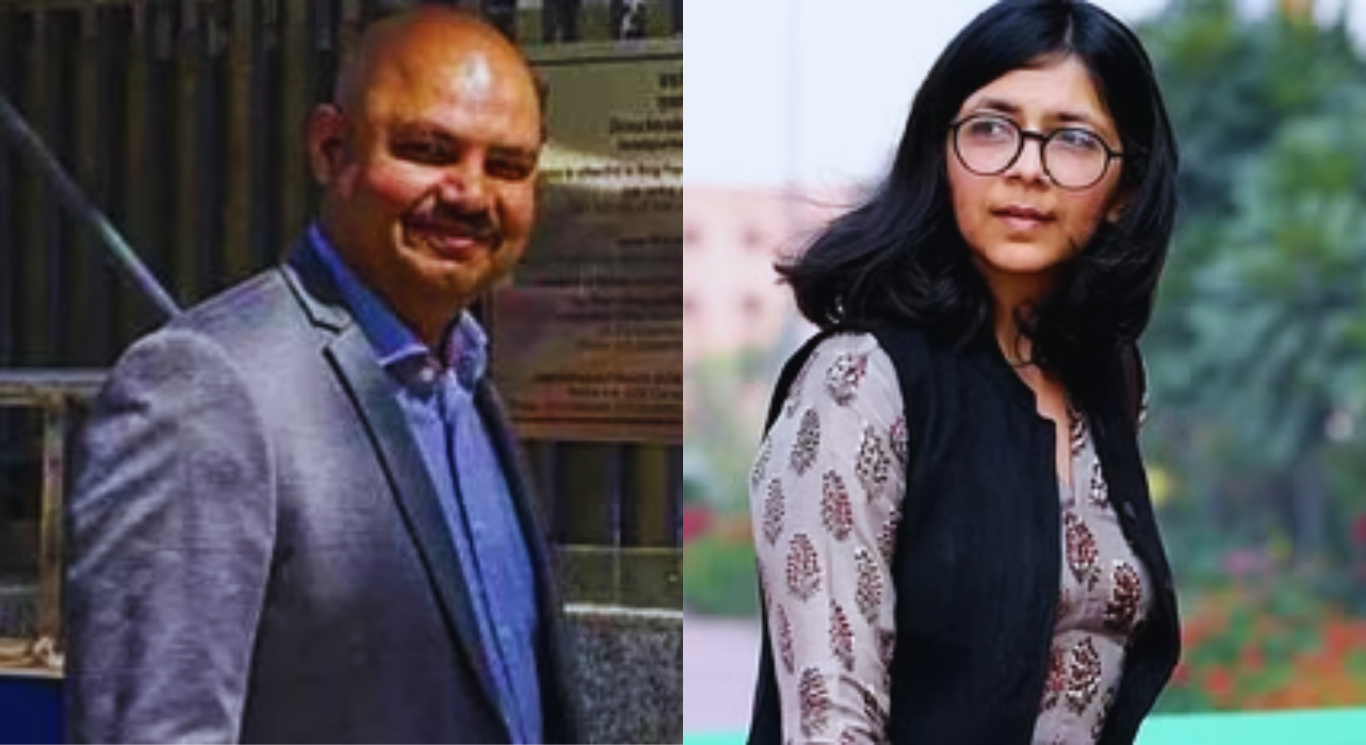

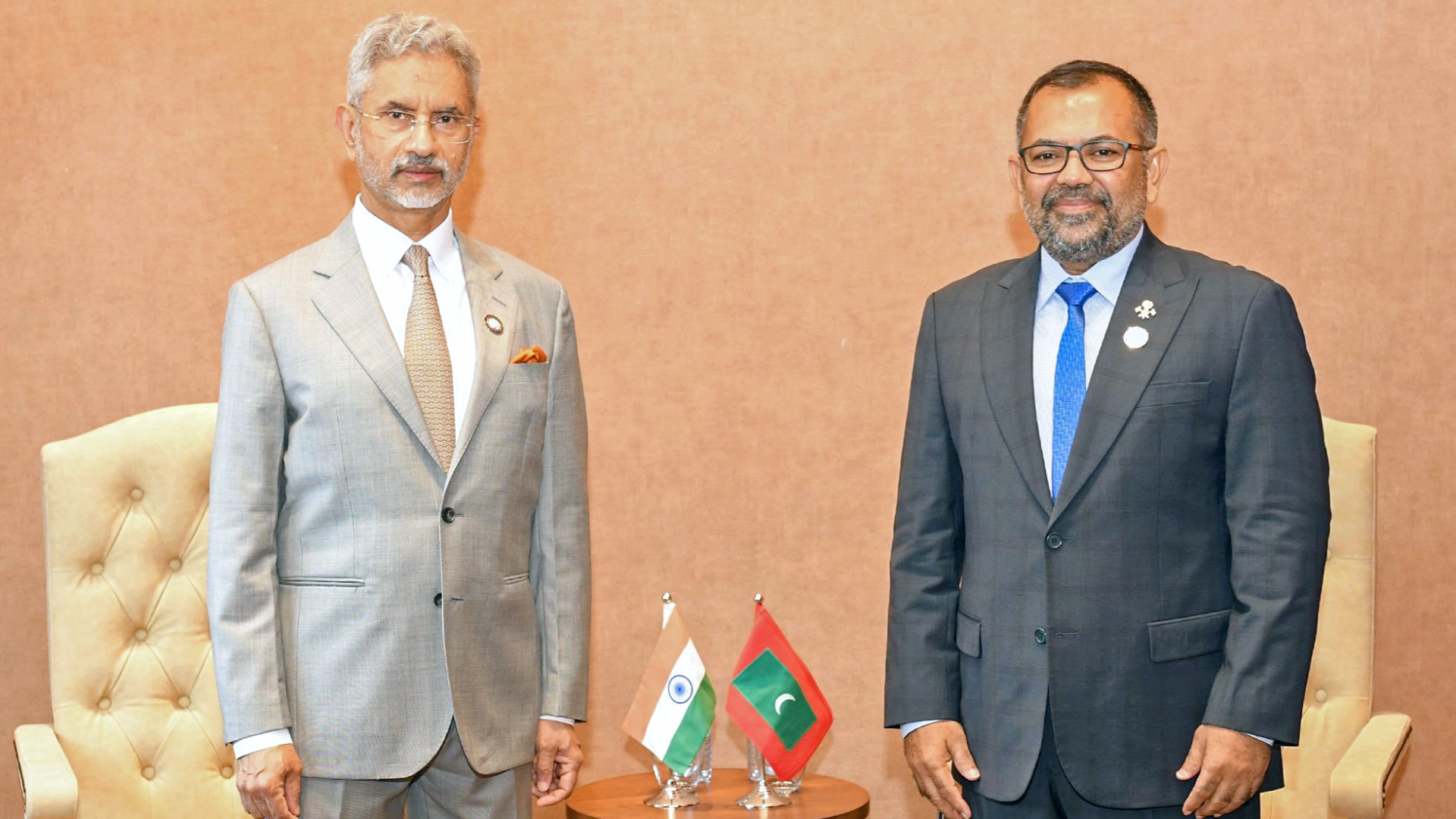
Responding to the gratitude expressed by Maldivian minister Moosa Zameer for India’s decision to export essential commodities to the island nation for the fiscal year 2024-2025, Union minister S Jaishankar has reiterated India’s commitment to its policies of neighbourhood first and SAGAR.
Zameer’s remarks underscored the significance of the decision by India, highlighting the long-standing friendship between the two countries and the strong commitment to further expand bilateral trade and commerce.
In a post on X, Zameer expressed his thanks, stating, “I sincerely thank EAM @DrSJaishankar and the Government of #India for the renewal of the quota to enable #Maldives to import essential commodities from India during the years 2024 and 2025. This is truly a gesture which signifies the longstanding friendship, and the strong commitment to further expand bilateral trade and commerce between our two countries.”
I sincerely thank EAM @DrSJaishankar and the Government of #India for the renewal of the quota to enable #Maldives to import essential commodities from India during the years 2024 and 2025.
This is truly a gesture which signifies the longstanding friendship, and the strong…
— Moosa Zameer (@MoosaZameer) April 5, 2024
In response, External Affairs Minister (EAM) Jaishankar acknowledged the appreciation, stating, “You are welcome, FM @MoosaZameer. India stands firmly committed to its Neighbourhood First and SAGAR policies.”
You are welcome, FM @MoosaZameer.
India stands firmly committed to its Neighbourhood First and SAGAR policies. https://t.co/mKYOYu2aM9
— Dr. S. Jaishankar (Modi Ka Parivar) (@DrSJaishankar) April 6, 2024
India’s ‘Neighbourhood First policy’ guides its approach towards managing ties with countries in its immediate neighbourhood, including Afghanistan, Bangladesh, Bhutan, Maldives, Myanmar, Nepal, Pakistan, and Sri Lanka. The policy aims to enhance physical, digital, and people-to-people connectivity across the region and boost trade and commerce.
In a post on X, the Indian High Commission in the Maldives announced the increase in quotas for essential commodities for the year 2024-25. The approved quantities mark the highest since this arrangement came into effect in 1981.
The quota for river sand and stone aggregates, vital items for the construction industry in the Maldives, has been raised by 25 per cent to 1,000,000 metric tonnes. Additionally, there has been a 5 per cent increase in quotas for eggs, potatoes, onions, sugar, rice, wheat flour, and dal (pulses).
Last year, India continued to export rice, sugar, and onions to the Maldives despite a worldwide ban on the export of these items from India.
“India remains strongly committed to supporting human-centric development in the Maldives, as part of its ‘Neighbourhood First’ policy,” the statement by the Indian High Commission in the Maldives emphasized.
Ties between India and the Maldives had seen strains when Maldives President Mohamed Muizzu assumed office. However, in March, Muizzu requested New Delhi for debt relief measures and emphasized that India would continue to remain the Maldives’ “closest ally,” according to local media reports.
In an interview with local media ‘Mihaaru’, Muizzu expressed hopes for India to accommodate debt relief measures for the Maldives in the repayment of hefty loans taken from the country over consecutive governments.
“The conditions we have inherited are such that there are very large loans taken from India. Hence, we are holding discussions to explore leniencies in the repayment structure of these loans. Instead of halting any ongoing projects, proceed with them at speed. So I see no reason for any adverse effects [on Maldives-India relations],” Muizzu stated.

